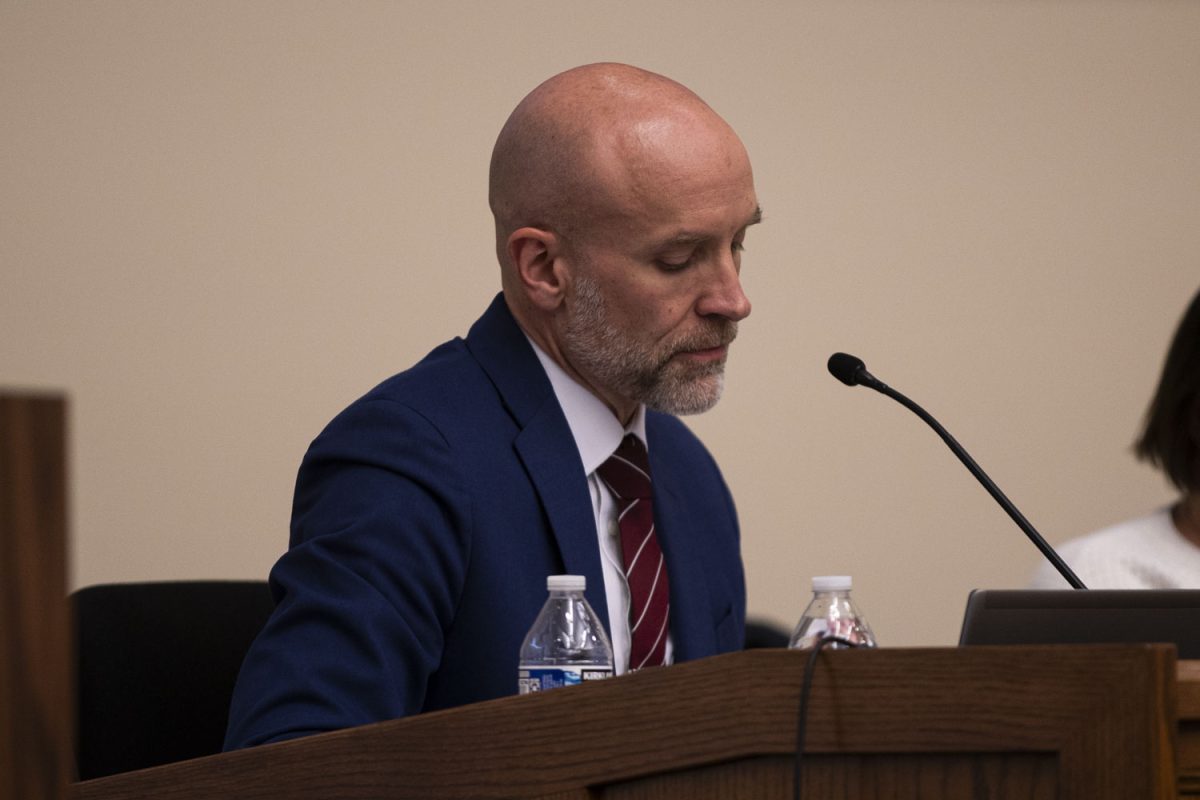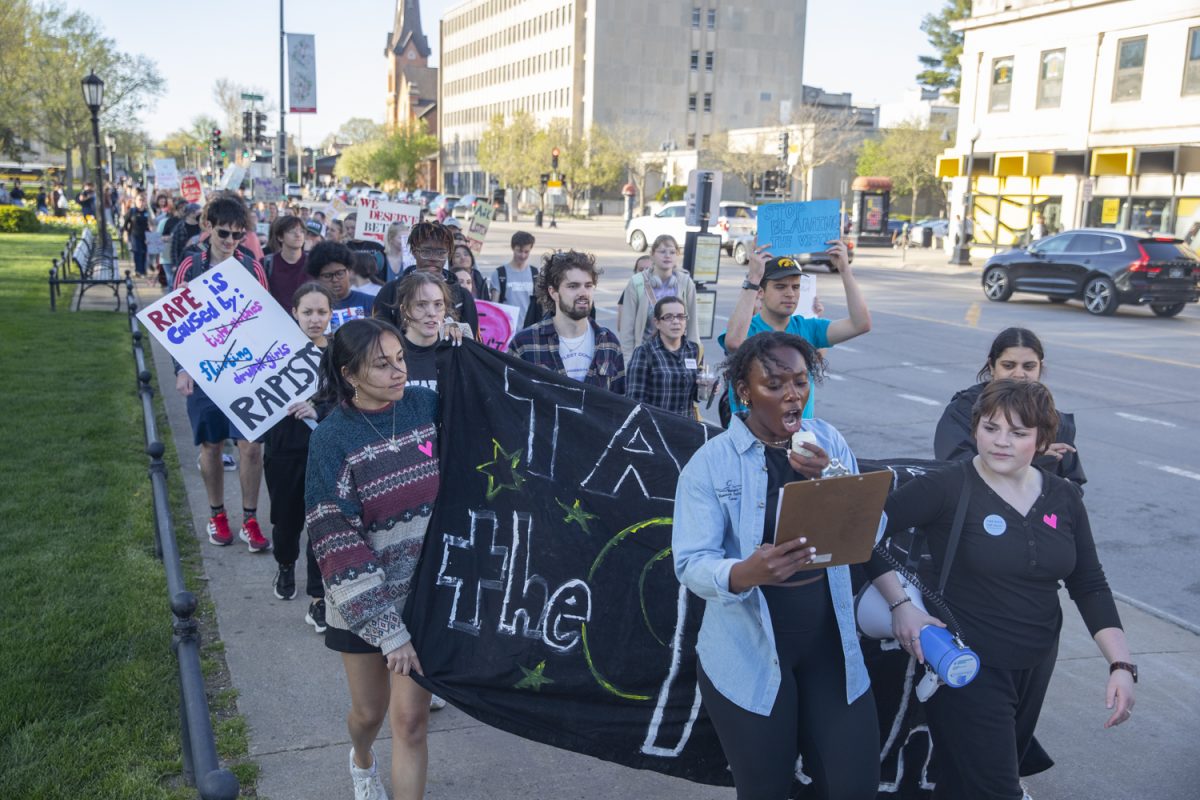Iowa City and Johnson County law-enforcement officials don’t plan to make any changes to their fingerprinting policies.
Though the Human Rights Commission and other local activists met Monday in hopes of encouraging local law enforcement to follow Polk County’s lead by not fingerprinting people accused of simple misdemeanors, officials said those policies are already in place.
Johnson County Sheriff Lonny Pulkrabek said the county has not fingerprinted simple misdemeanors for "many" years, noting there are only a few exceptions to not fingerprinting for simple misdemeanors, including simple domestic assault.
"They are not required, and it was a matter of efficiency in dealing with an overcrowded and small facility," Pulkrabek said. "It is my understanding, legally simple misdemeanors are not required to be submitted. I do not know that anyone has ever questioned us not fingerprinting simple misdemeanors."
The Human Rights Commission had hoped Johnson County would change its policies after Polk County Sheriff Bill McCarthy announced his county would only collect fingerprints from people charged with "crimes punishable by at least 30 days in jail," or simple misdemeanors.
According to its recommendations — which the Iowa City City Council will discuss in a work session Nov. 21 — the Human Rights Commission recommends Iowa City police focus their attention on practices and policies facing immigrant communities.
The report also recommends Iowa City police work with the Johnson County Sheriff’s Office to monitor the effects of several law-enforcement policies, including the Secure Communities Program.
But Iowa City Police Chief Sam Hargadine said there’s "nothing" for the department to monitor, and the Iowa City police and the Sheriff’s Office have collaborated for many years.
"We put [criminals] under arrest for having a violation," he said, and those arrested for crimes higher than simple misdemeanors are only fingerprinted once they arrive at the county jail. "These procedures have been in place and will remain in place."
Officials with the Human Rights Commission were satisfied with the details.
"We were glad to hear that news," said Diane Finnerty, a member of the Human Rights Commission. She said the group will now focus on persuading the City Council to pass the panel’s nine-point recommendations regarding immigration and building safe communities.
Finnerty said educating locals on Secure Communities is only one of the Human Rights Commission’s priorities.
"We want public education about what it actually means locally," she said. "There’s great fear in the undocumented immigration population here."






